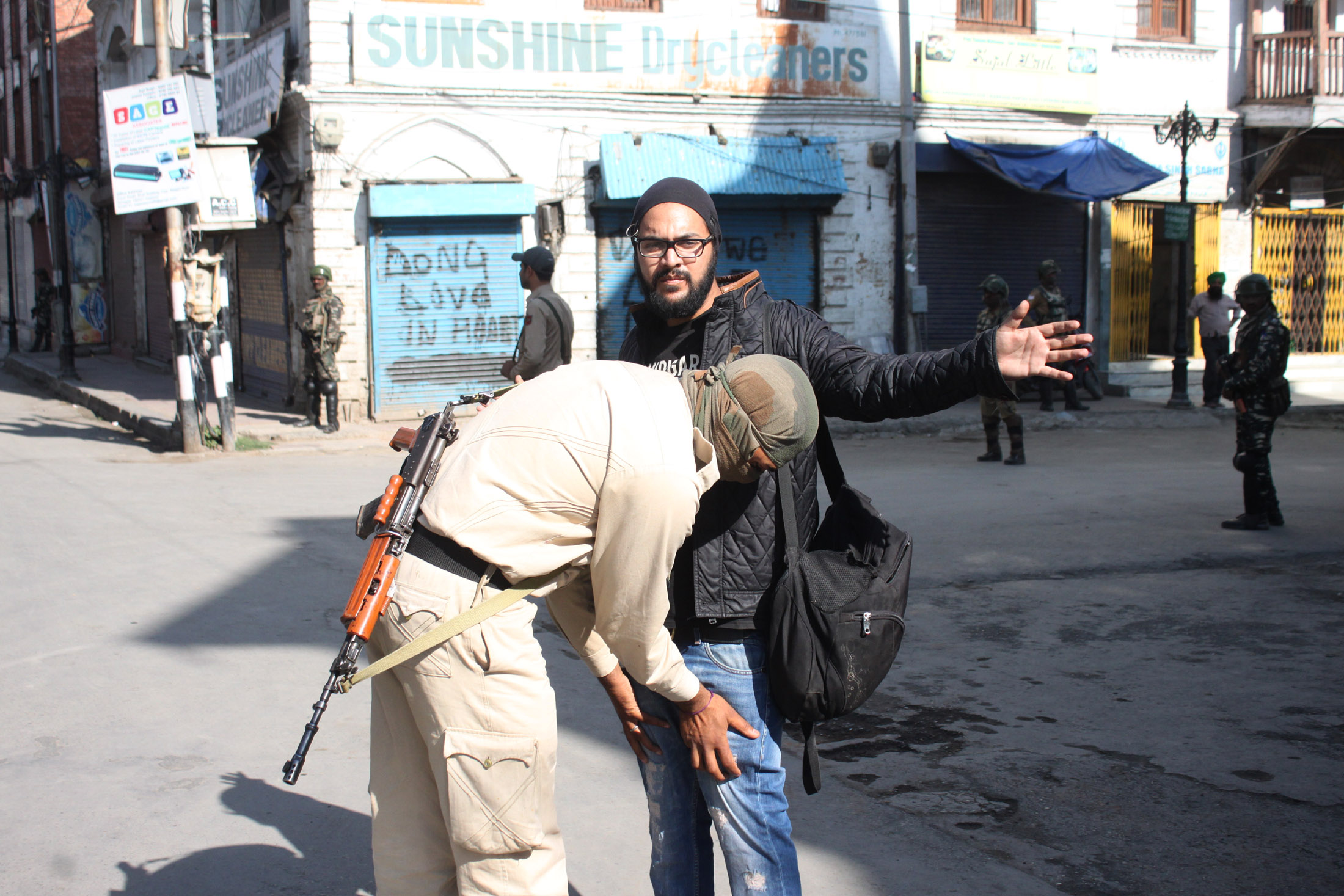100 Days: Kashmiris Want Respite

SRINAGAR: The uprising in Kashmir valley has completed 100 days with the Hurriyat Conference, which has been spearheading the ongoing agitation, coming under pressure from civil society to revise its strategy of protests which has resulted in mammoth economic losses to the state.
With at least 94 civilians killed, more than 1000 blinded, over 14000, including security personnel, injured and thousands put behind bars over the last four months, the voices for ending the agitation that broke out with the killing of Hizb commander Burhan Wani are getting shriller.
"Occasional hartal is a starker display of unity. It reinforces the relevance of popular political demands and is of course a way to remember. Yet prolonged hartal cannot be enforced as a now-or-never scenario," Riyaz Masroor, the BBC's reporter in Kashmir wrote in today's Greater Kashmir, the largest English daily of the state.
Last week, the Hurriyat patriarch, Syed Ali Geelani, had written a letter to moderate Hurriyat chairman, Mirwaiz Umar Farooq, JKLF chief Yasin Malik and other separatist leaders, inviting their suggestions on how to continue with the protests which have dealt a lethal blow on the valley's economy.
According to independent estimates, the valley has suffered economic losses of nearly Rs 12000 crores with hundreds and thousands of people losing their jobs due to shutdown and curfew that have paralysed Kashmir in the last four months.
The valley based traders and transporters who have borne the brunt of the ongoing agitation have, however, made it clear in its representations with the Hurriyat that they will back the 'protest calendars' "even if it continues for another four months," Yasin Khan, chairman of KTMF, a conglomerate of business bodies in Kashmir, said.
There are contrarian voices who believe that the calls to end the prevailing agitation are being made by those who want to "give up completely and trust the status-quo".
"The continuing hartaals may appear to be an act of self-annihilation by the people, but in the face of a militarily and diplomatically stronger enemy, hartaals are an effective way of expressing your power potential as a collective; that you are in control of yourself and your streets," Basharat Ali, a scholar of International Relations at Jamia Millia Islamia, said.
Ali believes the continuation of hartal lends "legitimacy" to the separatists which has been "acknowledged by pro-India politicians by writing letters to the likes of Geelani Sahib".
Last week, the J&K education minister, Naeem Akhtar, wrote an open letter to Geelani with an appeal to let the educational institutions open up so that the students can go back to work.
"I believe that we are caught in a big situation and its complexities are nowhere near a solution. Education is one sector that can enable us to navigate through the storm. Nothing else will," he wrote in the letter published in Greater Kashmir.
"In hundred days of hartaal, no one died out of hunger. Instead of focusing on how the Indian State is crushing the genuine demand of self-determination in Kashmir, people are questioning the resistance leadership who, with no economic, military and diplomatic resources at their disposal, and despite continuous incarcerations of leaders and crackdown on activists, continue to challenge the might of Indian State," Ali said.



